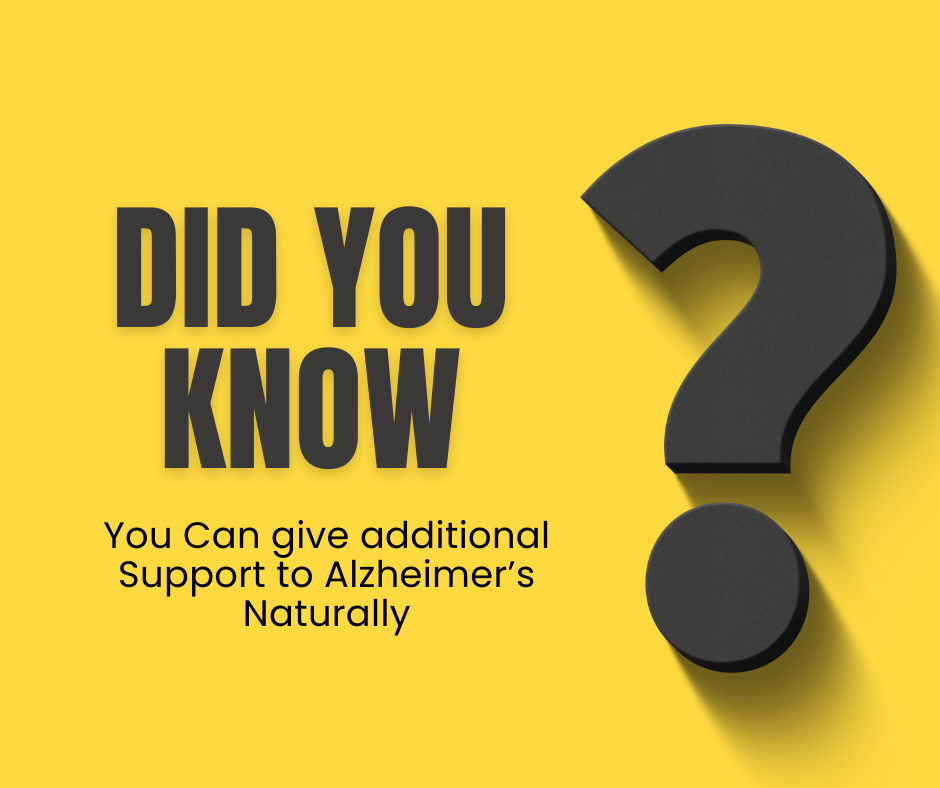
Understanding Alzheimer’s
Alzheimer’s is the most common type of dementia. It affects memory, thinking, and daily life. There are several forms, and each shows up differently: some bring memory loss first, others affect speech or vision. Knowing this helps families adapt and support more effectively.
Common forms of Alzheimer’s at a glance:
- Typical Alzheimer’s: Starts with memory problems and word-finding issues.
- Posterior Cortical Atrophy (PCA): Early vision and reading difficulties.
- Language-based (Logopenic variant): Trouble finding words and forming speech.
- Behavioural/frontal type: Changes in judgement, planning, or personality.
Every person’s journey looks different, so support should always be flexible.

Essential Oils for Comfort and Calm
Aromatherapy isn’t a cure, but it can help ease stress and improve comfort. Research has shown mixed results, but many families find oils soothing in daily care.
Gentle oils to consider:
- Melissa (lemon balm): Calming, may reduce restlessness.
- Lavender: Helpful for winding down and sleep support.
- Rosemary: Uplifting; supports focus and alertness during the day.
Tips for use:
- Use a diffuser in short bursts, not all day.
- Keep the scent gentle and unobtrusive.
- Always dilute before applying on skin, and patch test first.
- Introduce oils slowly, especially in advanced stages, to avoid overwhelm
Detox Support: Keeping It Safe and Simple
There is ongoing research into toxins and metals, and how they may be linked to memory decline. While the science isn’t clear, we do know that gentle daily detox support benefits overall well-being.
Simple steps that support natural detox pathways:
- Drink water regularly throughout the day.
- Eat plenty of vegetables, wholegrains, nuts, and seeds.
- Include foods rich in minerals like magnesium, zinc, and selenium.
- Limit alcohol to reduce strain on the liver.
- Take a short daily walk or do light stretching to support circulation and lymph flow.
- Maintain a regular sleep pattern — the brain clears waste most effectively during sleep.
These habits are safe, natural, and build steady support for body and mind.
Lifestyle Habits That Make a Difference
Small, repeatable routines help ease stress and bring stability. They support both the person with Alzheimer’s and those around them.
Helpful daily practices:
- Sleep: Set a regular bedtime routine with calming scents or soft music.
- Movement: Encourage daily walking or gentle activity.
- Meals: Keep meals colourful, balanced, and consistent in timing.
- Social contact: Encourage conversation, music, or simple shared activities.
- Calm environment: Use soft lighting, reduce clutter, and add soothing rituals.
These small steps can bring comfort and steadiness to each day.
A Supportive Approach
Alzheimer’s changes life in many ways, but gentle supports can make the journey calmer. Essential oils, safe detox habits, and structured routines all contribute to a better quality of life. While they won’t cure, they can bring moments of peace, connection, and balance — for the person and their loved ones.
Important Note
These ideas are complementary supports, not medical treatment. Always continue to follow medical guidance from doctors and specialists. Natural approaches should complement, not replace, conventional care.
Disclaimer: This article is for informational purposes only and should not be considered medical advice. Always do your own research and consult a qualified healthcare professional, especially if you are taking medication or have an existing medical condition. Individual results may vary.
Copyright © Bioreson8. All rights reserved.

